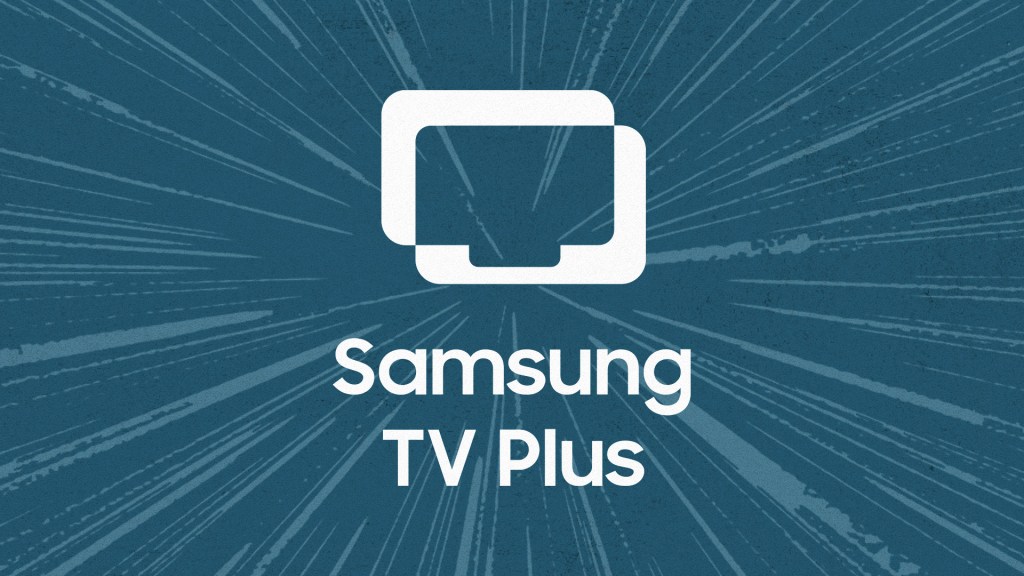Cloud Adoption Key to Media Business Exploiting AI
In this article
Some uses of AI in media and entertainment are already entering a maturing stage.
That theme emerged at the annual International Broadcasting Convention in Amsterdam, which wrapped earlier this week after attracting an estimated 45,000 attendees from 170 countries.
But to get to this mature AI era, competitive computing chips could help democratize AI use, while cloud usage and new data centers will be vital to its rollout.
“At many organizations, there’s just simply not the ability to invest in the compute power to deploy AI and Gen AI on prem, so you will have to look to third-party cloud providers to do that initially, certainly,” asserted IABM head of Knowledge & Insight Chris Evans during one presentation.
A recent Fortune Business Insights report has the cloud computing market valued at nearly $588 billion in 2023, with projected growth to $676 billion in 2024 and more than $2 trillion by 2032. AI and machine learning are among the key drivers of the expected growth.
Underscoring the link between AI and the cloud is the MovieLabs (a nonprofit tech researcher run by the major Hollywood studios) “2030 Vision” white paper for the future of production, post and creative tech, of which cloud is a central component. Studio members are already working to unlock the potential of AI in the cloud in areas including asset management, advanced search functionality and ways to streamline and automate processes.
Paramount CTO Phil Wiser offered an example during a MovieLabs panel. “One of the elements of the ‘2030 Vision’ is around getting all your assets in one place, making sure when you put something into an archive or an asset library, you can exploit it,” he said. “AI supercharged that, because now, even though we've got assets not completely unified yet, we’re on the way to that.
“We can overlay AI and find those assets that appear to be in one location — so just the basic idea of looking in the entire archive of Paramount Pictures, CBS, etc., and instantly tagging all of that. Those are big wins that are feasible now.”
Buzz Hays, global lead for entertainment industry solutions at Google Cloud Strategic Industries, shared related thoughts about the potential of more contextual search through AI, for archival work. “This idea of semantic search is very important to us,” he said at a Motion Picture Academy-hosted session.
Of course, the impact of AI on creatives remains a vital subject in Hollywood and a prime subject of labor negotiations that led to the pair of strikes in 2023. This subject was less central at IBC with its broader, international audience, though the exhibition floor was flooded with all sorts of AI-enabled tools from established manufacturers as well as startups boasting new seed funding in the convention’s “AI Zone.”
When the subject presented itself during the conference, the message often leaned toward use of AI for efficiencies but not creativity. “There’s so many data sources, but there’s almost too much for humans to figure out at this point. And we can use AI to help find those efficiencies,” said Google Cloud’s Hays. “When people think about AI, they often think, ‘Well, someone's going to type a prompt and make a movie,’ and I have not had a single customer ask for that.”
There’s still much work to be done by manufacturers and studios looking to tap into the potential of AI. IBC also underscored broad beliefs that with such a sizable industry change, AI should not operate in silos.
Standardization continues in an effort to make potential leaps in ways that are achievable, as evidenced by continued work of groups such as MovieLabs, Society of Motion Picture and Television Engineers and World Standards Organization.
Other areas requiring work range from provenance and content authentication to regulatory issues and the threat of misinformation.









